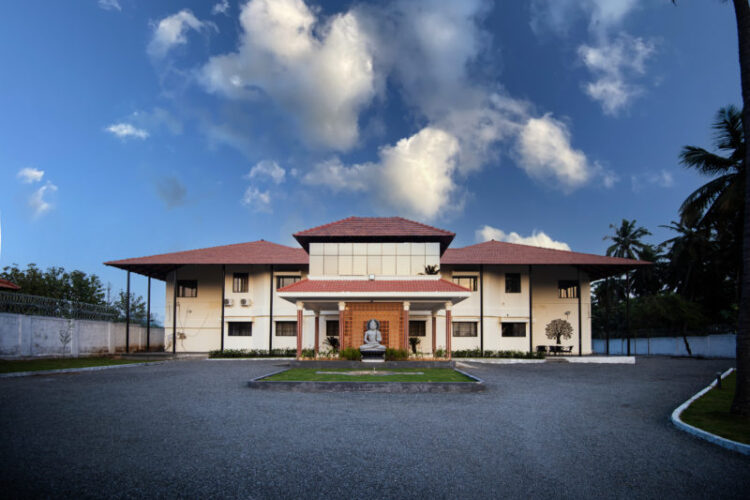Rehabilitation centers must cater to diverse needs to ensure successful recovery from addiction. ARC Services rehab centers offer a variety of programs designed to address unique circumstances, preferences, and levels of addiction severity. Here’s an in-depth look at the programs available at ARC Services and how they empower individuals on their recovery journey.
1. Inpatient Rehabilitation Programs
Inpatient programs are ideal for individuals who need a structured, immersive environment to focus on recovery.
- 24/7 Care: Clients receive round-the-clock medical and emotional support from trained professionals.
- Structured Schedule: Daily routines include therapy sessions, group activities, and wellness exercises to foster discipline and focus.
- Safe Environment: Free from external triggers, clients can dedicate themselves fully to healing.
Inpatient programs are particularly effective for those with severe addiction or a history of relapse.
2. Outpatient Rehabilitation Programs
Outpatient options provide flexibility for clients who need treatment but cannot commit to full-time residency.
- Flexible Scheduling: Sessions are scheduled around work, school, or family responsibilities.
- Ongoing Therapy: Clients participate in regular counseling and support groups to stay on track.
- Gradual Transition: Outpatient care serves as a bridge for clients moving from inpatient care to independent living.
These programs allow clients to maintain their daily routines while receiving necessary treatment.
3. Detoxification Services
Medical detox is often the first step in the recovery process.
- Safe Withdrawal: Medical professionals monitor and manage withdrawal symptoms to ensure safety and comfort.
- Customized Plans: Detox protocols are tailored to the substance being used and the client’s health condition.
- Supportive Environment: Emotional and psychological support is provided to ease the transition into rehabilitation.
Detox lays the foundation for a successful treatment journey.
4. Dual Diagnosis Programs
Many individuals struggling with addiction also face underlying mental health conditions.
- Integrated Treatment: ARC treats addiction and mental health issues simultaneously for comprehensive recovery.
- Therapeutic Approaches: Techniques like CBT and DBT address emotional challenges contributing to substance use.
- Medication Management: Licensed professionals provide medications to stabilize mental health when necessary.
Dual diagnosis programs are essential for addressing the root causes of addiction.
5. Relapse Prevention Programs
Sustaining recovery requires ongoing strategies to manage triggers and challenges.
- Trigger Management: Clients learn to identify and navigate situations that may lead to substance use.
- Coping Skills: Stress management, mindfulness, and healthy habits reduce the likelihood of relapse.
- Support Networks: Group therapy and alumni programs provide accountability and encouragement.
These programs help clients maintain long-term sobriety.
6. Family Therapy Programs
Addiction often affects not just the individual but also their loved ones.
- Repairing Relationships: Sessions address issues of trust, communication, and emotional wounds caused by addiction.
- Education: Families learn about the nature of addiction and how to provide effective support.
- Joint Goals: Collaborative strategies are developed to create a supportive environment for recovery.
Family involvement strengthens the client’s support system and fosters a sense of belonging.
7. Specialized Treatment Programs
ARC offers targeted care for specific groups or addiction types.
- Adolescent Programs: Focused on addressing the unique needs of young individuals struggling with addiction.
- Gender-Specific Programs: Tailored care for men and women to address gender-related challenges.
- Substance-Specific Treatments: Programs designed for alcohol, opioids, stimulants, and other specific addictions.
Specialized programs ensure that treatment is relevant and effective for every client.
8. Aftercare and Alumni Programs
Recovery doesn’t end with leaving the rehab center; aftercare ensures continued support.
- Follow-Up Counseling: Regular sessions help clients navigate post-treatment challenges.
- Alumni Networks: Graduates can stay connected through group meetings and community events.
- Access to Resources: Self-help tools and support materials are provided to reinforce recovery principles.
These services empower clients to maintain their progress and build fulfilling lives.
Conclusion
ARC Services rehab centers offer a comprehensive range of programs to address the varied needs of their clients. From inpatient care and detoxification to family therapy and aftercare, their holistic approach ensures that every aspect of recovery is covered. By providing tailored solutions, ARC supports individuals in achieving lasting sobriety and a renewed sense of purpose.

